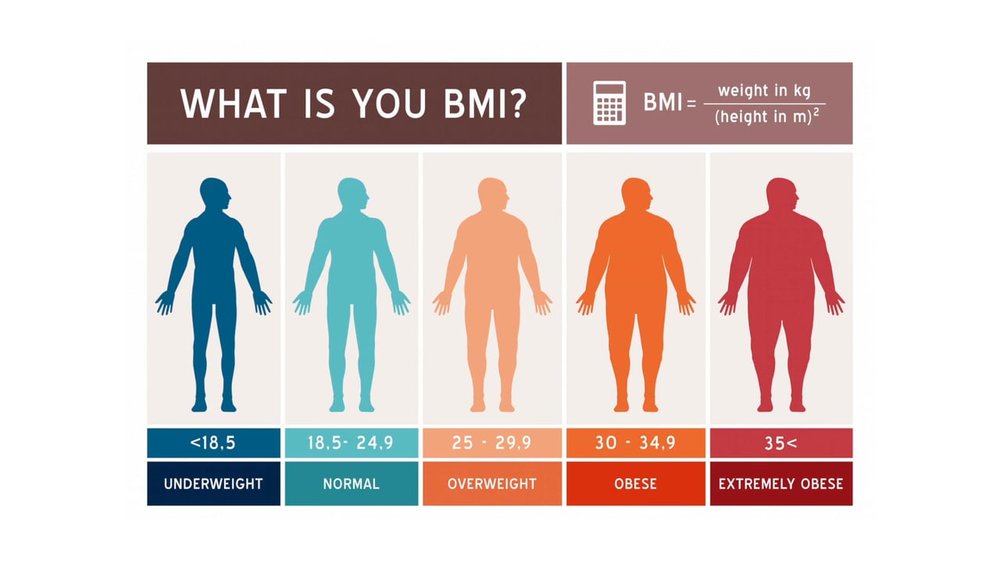Deaths related to overweight, obesity more than double in Iran

TEHRAN — Deaths linked with overweight and obesity have seen a twofold increase in Iran between 1990 and 2015, Reza Malekzadeh, deputy health minister, has said.
Mentioning a Global Burden of Disease (GBD) 2015 study, titled “Health Effects of Overweight and Obesity in 195 Countries over 25 Years”, Malekzadeh who had also collaborated on the study explained that some 29 million Iranians are suffering overweight and obesity.
Out of 372,000 deaths occurred in 1990 some 21,500, nearly 6 percent of the deaths, were weight-related while out of 385,000 deaths in 2015 some 50,000, nearly 13 percent of the deaths, were attributed to overweight and obesity, Malekzadeh noted, IRNA reported Sunday.
In 1980 some 2 million people were obese while the number increased 5.5 times in 2015 as about 11 million people are suffering obesity, he said, adding, same goes for people who are overweight; the number jumped from 5 million to 8 million over the same time span.
This is “terrifying” and “extremely dangerous”, he highlighted.
The range of overweight and obesity prevalence in adult males and females increased from 39.2 percent in 1980 to 53.1 percent in 2015 and the range of overweight and obesity among under-18 boys and girls grew from 6.7 percent to 13.9 over the same period, he noted.
The range of overweight and obesity prevalence in females is increasing among Iranian women, he regretted, adding that some one million Iranian need to undergo weight loss surgeries.
Overweight and obesity worldwide
According to World Health Organization obesity has nearly tripled since 1975 worldwide. In 2016, more than 1.9 billion adults, 18 years and older, were overweight. Of these over 650 million were obese. 39 percent of adults aged 18 years and over were overweight in 2016, and 13 percent were obese. 41 million children under the age of 5 were overweight or obese in 2016. Over 340 million children and adolescents aged 5-19 were overweight or obese in 2016, however, obesity is preventable.
What causes obesity and overweight?
Changes in dietary and physical activity patterns are often the result of environmental and societal changes associated with development and lack of supportive policies in sectors such as health, agriculture, transport, urban planning, environment, food processing, distribution, marketing, and education.
Health consequences of overweight and obesity?
Body mass index (BMI) is a simple index of weight-for-height that is commonly used to classify overweight and obesity in adults. It is defined as a person's weight in kilograms divided by the square of his height in meters (kg/m2).
Raised BMI is a major risk factor for noncommunicable diseases such as cardiovascular diseases (mainly heart disease and stroke, diabetes, musculoskeletal disorders (especially osteoarthritis – a highly disabling degenerative disease of the joints) and some cancers (including endometrial, breast, ovarian, prostate, liver, gallbladder, kidney, and colon).
Childhood obesity is associated with a higher chance of obesity, premature death and disability in adulthood. But in addition to increased future risks, obese children experience breathing difficulties, increased risk of fractures, hypertension, and early markers of cardiovascular disease, insulin resistance and psychological effects.
Decreasing burden of NCDs in Iran
As overweight and obesity increase risks factor for noncommunicable diseases the health entities have joined hands to fight the causes and effects of such diseases globally.
In 2011, the heads of states gathered in New York and decided to combat non-communicable diseases (NCDs). Following the gathering WHO came up with a program that covers four specific categories of NCDs comprising ischemic heart diseases, diabetes, asthma and chronic obstructive pulmonary disease (COPD), and cancer and four risk factors which are common across these categories including unhealthy diet, physical inactivity, smoking, and alcohol consumption.
In line with WHO’s activities to combat NCDs in 2015 Iran established a committee called National Non-Communicable Disease Committee at the Ministry of Health headed by the Health Minister, Hassan Qazizadeh Hashemi. There are also six subcommittees affiliated with this committee responsible for controlling cancer, cardiovascular diseases, metabolic disorders, air pollution and inter-sectoral collaboration, traffic injuries, and a subcommittee for monitoring and evaluating whole action plan for the NCDs in Iran.
MQ/MG
Leave a Comment